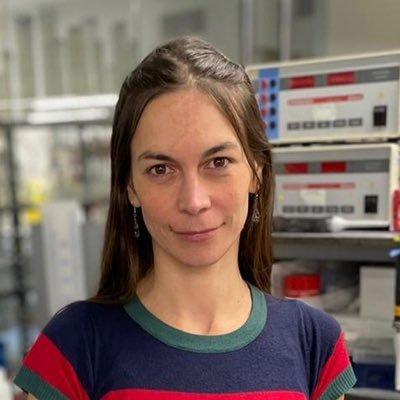Staff Directory
Professor Kairbaan Hodivala-Dilke
Deputy Institute Director, Professor of the Tumour Microenvironment
Our research aims to improve the efficacy of standard of care immunotherapy, chemotherapy and radiotherapy in human solid cancers by understanding the molecular mechanisms underlying tumour stromal contributions to tumour growth and therapy efficacy.
Dr Özgen Deniz
Lecturer
Our research aims to understand the epigenetic regulation of transposable elements and how their dysregulation contributes to the generation and development of cancer. In particular, we investigate their roles as gene regulators and triggers of anti-tumour immunity in blood cancers.
Professor Marco Gerlinger
Professor of Gastrointestinal Cancer Medicine; Consultant Medical Oncologist and Director of GI Cancer Research at St. Bartholomew's Hospital
We are investigating how drug resistance evolves in bowel and gastro-oesophageal cancers, how these tumour types can be treated more effectively through novel immunotherapies and targeted drugs, and how treatment sensitivity and resistance can be predicted.
Professor Richard Grose
Professor of Cancer Cell Biology
We are interested in how cancer cells interact with each other and the microenvironment. We investigate how cancer cell communication with neighbouring stromal cells and the extracellular matrix can impact on invasion and response to targeted therapies, to try to block cancer progression, with a particular focus on breast and pancreatic cancer.
Professor Michelle Lockley
Clinical Professor of Medical Oncology, Honorary Consultant
Our lab aims to improve treatments for women with ovarian cancer, particularly those that are resistant to chemotherapy. We are interested in developing therapies that can adapt to the evolution of chemotherapy resistance over time such as Adaptive Therapy.
Dr Marta Buzzetti
My research focuses on the use of patient-derived organoid co-cultures and genome wide CRISPR screens to unravel tumour intrinsic gene networks controlling resistance to CD3 bispecific antibodies in colorectal cancer, and possibly applicable to other tumour types.
Dr Katarina Kluckova
We are interested in metabolic dependencies of B-cell lymphomas, in particular the serine synthesis pathway and one carbon metabolism.
Dr Ana Levi
My focus is on investigating the epigenetic regulation of the PI3K pathway and identifying an effective combination therapy that will disable compensatory bypass routes, overcoming drug resistance.
Dr Audrey Lumeau
My research focuses on understanding the relationship between chromosome instability mechanisms and tumour cells’ resistance to therapies.





